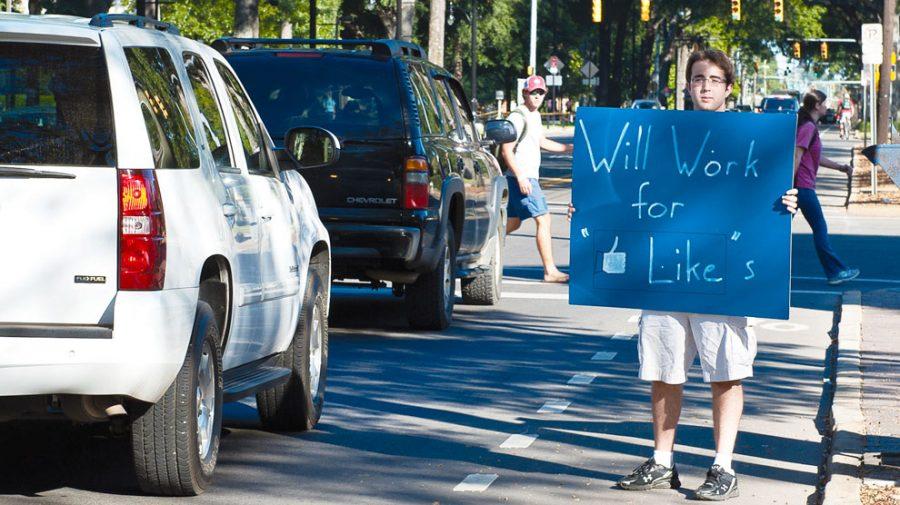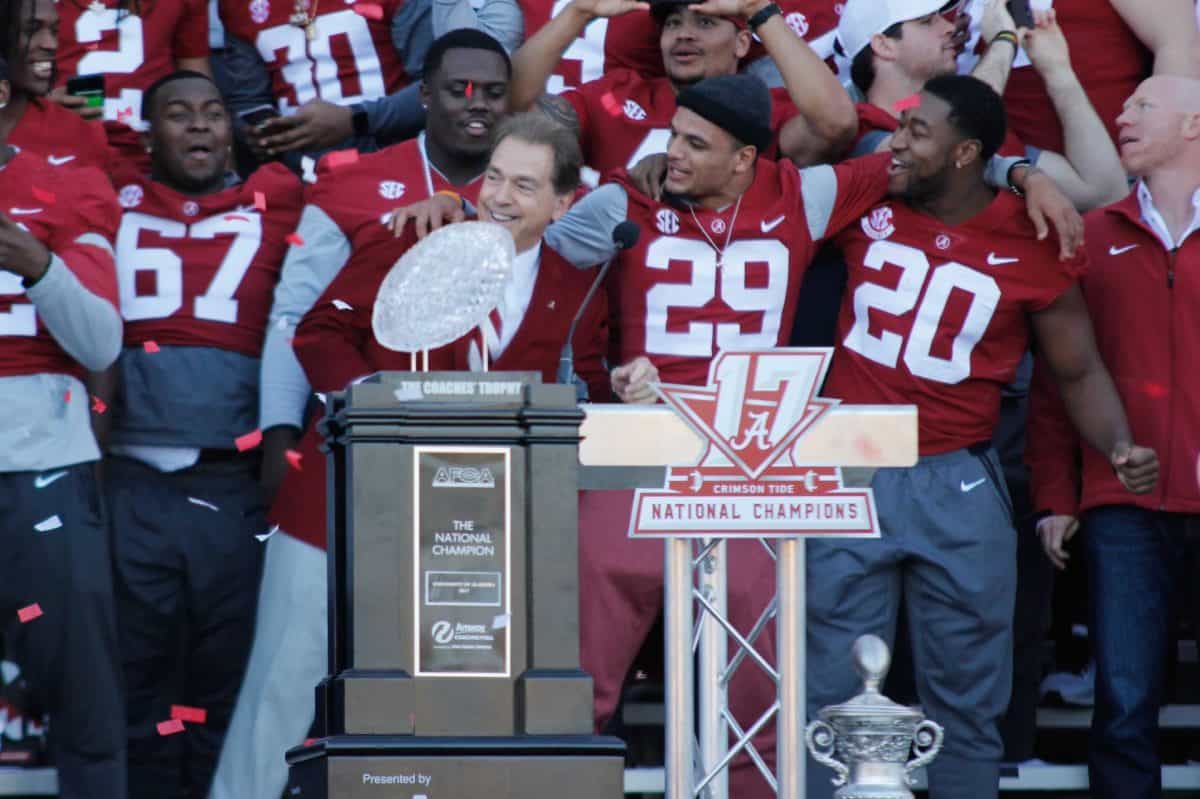Most people don’t think of social media as an addiction. And in some ways, it’s not. It’s normally not as serious or as dangerous as most addictions, but they do share a lot of similarities.
Now, some people will read these first few lines and go, “maybe that guy is addicted, but not me.” That’s fine. That’s what I thought at the beginning of last week, too.
But not anymore.
I don’t mean to say social media is something that I couldn’t give up. I just got through a week without it. But I found giving it up to be an extremely uncomfortable and difficult experience. The level to which social media permeated my life and how frequently I was using it didn’t become apparent until I gave it up.
I decided to tally how many times I wanted to go on social media during the week. All in all, I stopped myself from signing onto Facebook, Twitter or Skype 127 times between Monday Sept. 26 and Monday Oct. 3. That’s an average of about 16 times a day.
I couldn’t help but wonder if that number was high. But as I talked with friends, teachers, strangers and whoever would give me a few minutes of their time, I began hearing some similar trends. Most people agreed that they check Facebook almost every time that they sit down at a computer. For the majority, it’s the first thing they do.
Many of the people I spoke with also said they find themselves checking Facebook or Twitter while waiting for a bus or walking to a class. We’ve begun to fill the in-between times in our lives with social media. What used to be a few quiet moments of thought or a chance to introduce yourself to the person sitting next to you has become the steady, silent patter of fingers on a keyboard.
And social media is inherently tied to how I interact with my friends and family as well. On Sundays, I usually Skype with my family back home, and social media popped up everywhere with my friends.
I told all of my friends that I couldn’t get on social media for a week, and I asked all of them not to tell me or show me anything that they had heard or seen on any kind of social media. They were extremely helpful in that regard, but social media still crept into our day-to-day conversation.
For example, a few friends and I got together to watch Saturday’s game vs. Florida, and after the game, one of my friends took out his laptop and began surfing on Facebook. A minute later he stumbled upon something funny and began showing the other people in the room, but I couldn’t look. It was a strange sense of alienation.
Even my videographer, as I was filming the (witty, clever and hysterical) video which documents my journey through the week (that you should go watch), said, “Hey I’ll message you and let you know…how…it turns out;” his voice dying out as he realized I wouldn’t be able to get his message.
And it’s becoming more difficult to find someone without a Facebook.
Jacqueline Morgan, director of the University Honors Program and the University Fellows Experience at the Honors College, said she doesn’t have a Facebook right now, but is considering getting one in the near future. Her reasoning may surprise some.
“I want to get a Facebook to keep in touch with students that have already graduated,” she said, “but I don’t want to use it to reconnect with people from the third grade. Our lives are already filled with so many meaningful relationships.”
And while it’s true that social media has its casual side, it has a more serious side as well. On Twitter, I’m subscribed to both the New York Times and BBC. Normally, when something newsworthy happens in the country or in the world, I know about it shortly thereafter.
So I found it shocking when my friends began talking about the Wall Street riots in New York City. I had no idea what they were talking about, and I came to the realization that I’d come to depend on social media: for my news, for my networking, for many of the little tasks that contribute to managing my life. I was missing out, I thought to myself.
But as I neared the end of the week, I noticed something else. The people who were still on social media were missing things too.
Walking around campus without my head buried in my phone, I noticed couples sitting under trees and friends playing Frisbee on the Quad and people biking their heart out to get to a class 10 minutes away in two minutes. I never would have noticed these things. And each thing I saw sparked memories and thoughts and questions.
I decided to go for a walk on Sunday. Eventually my walk led me to a bench overlooking the lake on the corner of Marr’s Spring Road and Campus Drive West. It was a beautiful day – sunny, warm, quiet. And as I sat there, I reflected on my week.
First, I just thought about social media, and then I thought about my week as a whole, and then the last two weeks, and finally my life since I arrived here at the University six weeks ago.
I remembered a girl a few weeks back who had been on her phone as I was riding my bike to class. She walked directly in front of me and I had to swerve to avoid hitting her, destroying my front tire in the process. She never even realized she had almost gotten hit.
And to me, that raised the question: Are we really more connected because of social media, or are we less?
It would be disingenuous to pretend I can answer that question definitively. But I do know that from now on, I’m going to put my phone away at the bus stop, and I’m going to make time to sit on a bench overlooking a lake.







